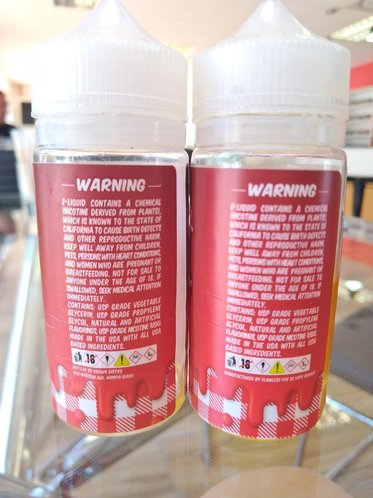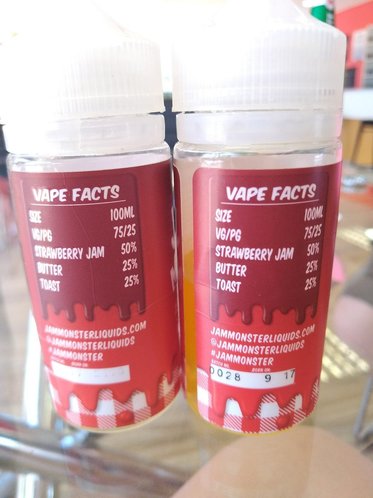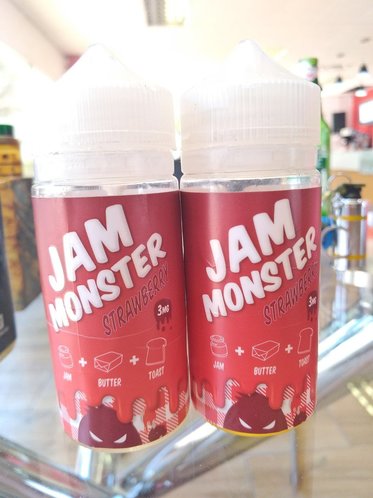Well there's no regulation so there's no hard guarantee, of course. But the known juice makers use safe ingredients, and don't try to just imitate the smell of an original regardless of the crap that goes in there in order to achieve that.Question, most of the local juices sold in S.A. are made in a garage, lounge,kitchen, spare room or a "clean room". What makes them so safe compared to the these fakes? Let's not lie to ourselves that they are made in a lab.
Not really fair to compare the two. The local juice makers make juice, the clone makers make fake imitations to get initial sales. The former cares about what it tastes like and how safe it is (for repeat business at the very least), the latter don't give a damn.
Sent from my SM-G935F using Tapatalk







